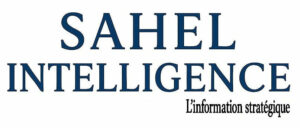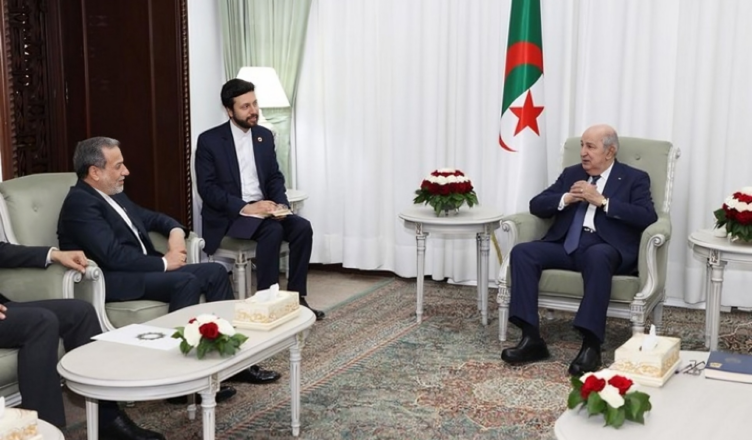President Abdelmadjid Tebboune received, on Tuesday in Algiers, the Foreign Minister of the Islamic Republic of Iran, Abbas Araghchi.
The meeting was also attended by the Chief of Staff at the Presidency, Boualem Boualem, as well as the Minister of Foreign Affairs, National Community Abroad, and African Affairs, Ahmed Attaf.
In a statement to the press after the audience granted by President Tebboune, Iranian Foreign Minister Araghchi stated that during this « cordial » meeting, he conveyed the greetings of the President of the Islamic Republic of Iran and the Iranian people to President Tebboune, renewing the invitation for him to visit Tehran.
The meeting provided an opportunity to discuss « regional developments, notably the situation in Palestine and the crimes committed by the Zionist entity against the Palestinians and the people of Gaza, » he added.
Regarding bilateral relations between the two friendly countries, which he described as « deep, rooted, fraternal, and solid, » Araghchi emphasized the « convergence of views » between Algeria and Iran on « regional and international issues, » recalling the consultations between the two countries at these levels.
The meeting also allowed for discussions on « all bilateral issues, particularly economic cooperation, political consultations, and cooperation in international fora, » added the Iranian Foreign Minister.
Mr. Araghchi’s visit comes one week after the telephone conversation between President Abdelmadjid Tebboune and his Iranian counterpart, Massoud Pezechkia, during the celebration of Eid al-Fitr. After discussing bilateral relations and ways to strengthen them, the two presidents had agreed to meet soon either in Tehran or Algiers.
The last official visit by an Iranian president to Algeria was in March 2024, on the occasion of the 7th Gas Exporting Countries Forum (GECF) Summit. This visit was made by Ebrahim Raïssi, then President of the Islamic Republic of Iran.
The issue of Iranian terrorism and its links with Algeria raises concerns at both regional and international levels.
Iran, as a key player in the Middle East, has been accused by several countries and international organizations of supporting terrorist groups and militias operating across the region, notably in Lebanon, Syria, and Iraq.
These accusations include the arming, financing, and training of fighters as part of geo-terrorism strategies.
Beyond the Middle East, Iran also extends its influence in Africa, particularly through the Algerian military regime led by General Saïd Chengriha, by supporting various armed groups, especially in the Sahel and North Africa regions.
Some reports suggest that Tehran and Algiers are involved in financing local militias and supplying weapons to terrorist groups operating on the African continent.
These actions are part of a strategy aimed at expanding the influence of Iranian Shi’ism in regions rich in natural resources and strategically important, while circumventing international sanctions.

